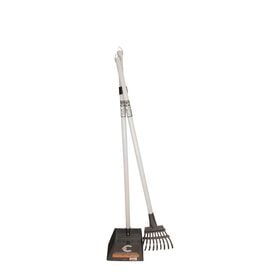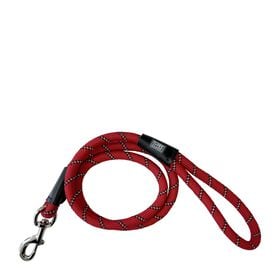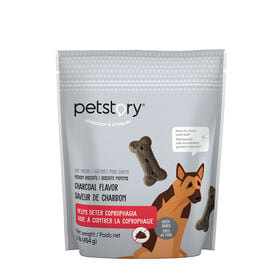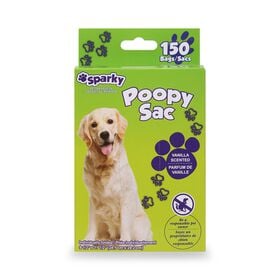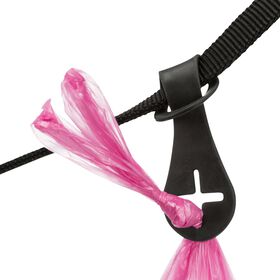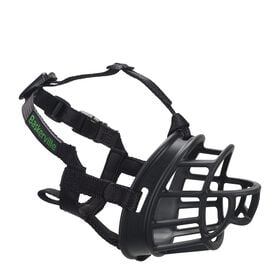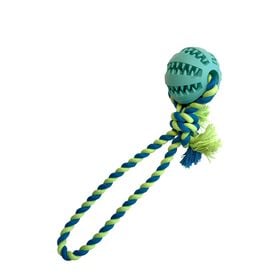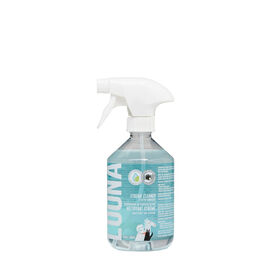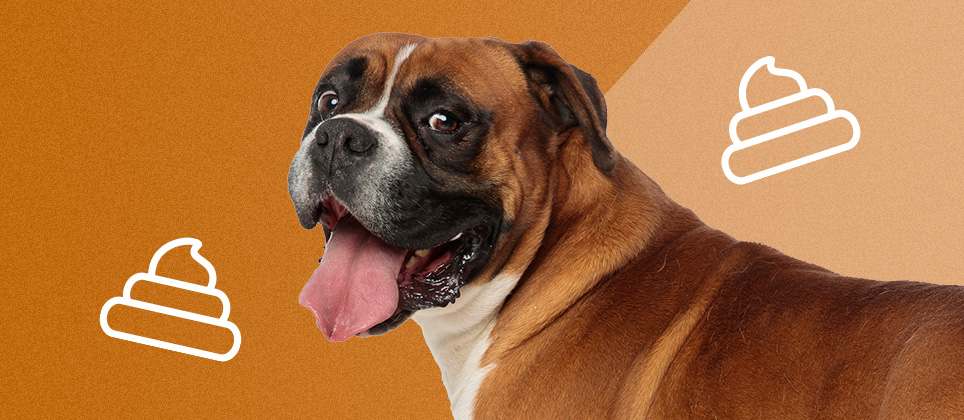
Why is my dog eating poop? Practical tips to help break this habit
Published March 22, 2023.

Isabelle Borremans
Dog trainer and behavior consultant
OK, it’s time to come clean! You know what I’m talking about. Despite its many wonderful qualities, your dog also has the bad habit of eating its stools, or worse, those of other animals that it comes across. Let’s take a few minutes to explore the topic of coprophagy.
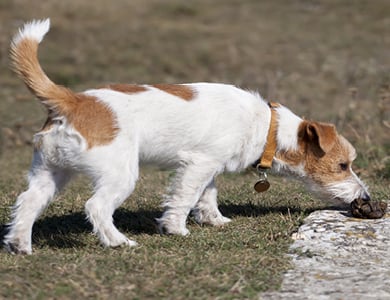
What is coprophagy?
Simply put, dogs that eat their own feces or those of other animals (e.g., other dogs, cats, rabbits) on a regular basis engage in coprophagy, which, you will all agree, is a rather disgusting activity.
However, coprophagy is an inherently normal behaviour observed, for example, in females that eat their pups’ stools and drink their urine during the first weeks of life in an effort to keep the den clean and protect the pups.
Although coprophagy is most often observed in young dogs under a year old, the behaviour can occur at any age. Statistically, intact (unsterilized) males are more likely to adopt coprophagous behaviour. In general, 66% of coprophagous dogs choose to eat the stools of other animals rather than their own.
Why do dogs eat poop?
There are a number of possible reasons why dogs eat poop. Unfortunately, it’s not always easy to find the root cause. The most common reason given is that there is a deficiency in the dog’s diet, and it resorts to eating digested stools as a dietary supplement. Today’s dietary regimens, however, must meet certain standards, and dogs these days generally eat a well-balanced diet.
There are also a number of medical problems that lead to coprophagy. It is recommended that you consult your veterinarian to rule out a few possible health problems such as Cushing’s disease, pancreatitis, intestinal inflammation, neurological disorders or even polyphagia (excessive appetite).
If an animal is in good physical health, there are a number of possible behavioural causes. Some dogs can develop obsessive compulsive disorder (OCD) and choose to eat poop on a daily basis to control the disorder. Other dogs may experience anxiety, and try to soothe themselves by eating stools.
It is common for young dogs in particular to eat poop as an attention-seeking behaviour, which is a very effective way of getting a reaction from their owners. Unfortunately, some dogs eat poop because they like the taste, smell and flavour of stools. This may be the case for your dog if you find that it is picky about the poop that it eats.
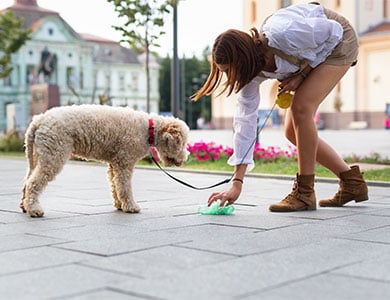
How to prevent coprophagy
It is possible to prevent coprophagy, since the behaviour generally occurs within the first months of a puppy’s life. Prevention is simple: pick up after the puppy immediately, and keep it on a leash when in unfamiliar areas.
It is all the more important to accompany your puppy when it does its business, since it is learning about cleanliness. Given that puppies are also at a greater risk for developing intestinal parasites , the situation could become serious if they engage in coprophagy.
Of course, there’s no need to panic. Keep in mind that puppies are in the process of exploring the world around them and will want to smell everything that they come across. Supervise your puppy on walks without preventing it from exploring its surroundings.
What to do if your dog eats poop
That’s the million dollar question! Most people want a quick and effective solution, which is understandable under the circumstances. There are inoffensive treatments available in pet shops and at your veterinarian’s office, but they are effective for only a small percentage of dogs. Still, there’s no harm in trying.
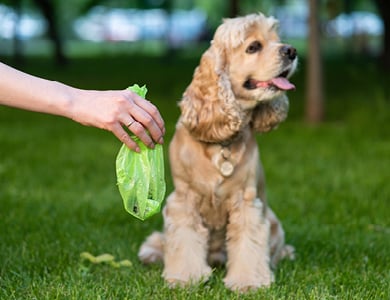
The key is to keep the dog’s living area clean so there is no poop for it to pick up. You can also consider the following options:
- Use a leash or a rope to limit your dog’s space, or keep your dog on the balcony when it wants to get air in the yard.
- Use a basket muzzle (which is less restrictive than a cloth muzzle) when you’re in situations where you cannot control the environment.
- If your dog eats your cat’s stools, keep the cat’s litter box out of the dog’s reach.
- Redirect your dog’s behaviour by calling it or throwing it a toy to focus attention elsewhere.
- Use counter-conditioning, which involves training an animal to exhibit a behaviour that is different from its current reaction to a stimulus. Choose a behaviour that the dog displays (e.g., barking, jumping, playing dead on command).
- Make sure that your dog is not bored and that you provide a variety of daily activities for stimulation.
While coprophagy is repulsive to humans, it’s a normal behaviour for dogs. Good luck!
